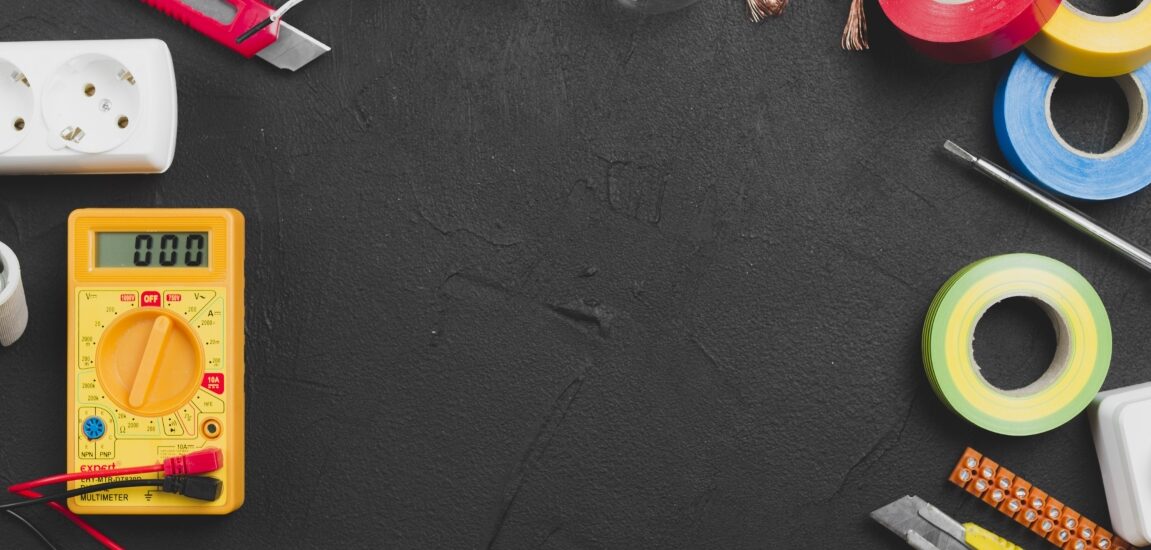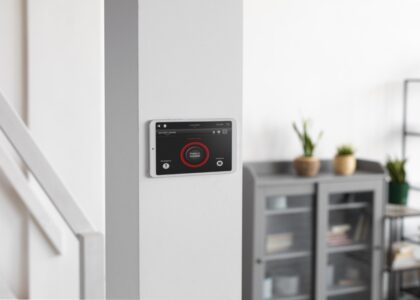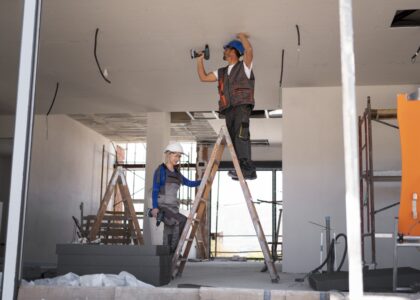Tackling electrical projects can be an exciting and rewarding endeavor for many DIY enthusiasts. However, working with electricity is inherently risky and requires a high degree of precision and knowledge. Mistakes can lead to severe injuries, fires, or costly repairs. Here are 14 common mistakes DIYers make when dealing with electrical projects and how to avoid them.
1. Not Turning Off the Power
One of the most critical steps before starting any electrical work is to turn off the power at the circuit breaker. Failing to do this can result in serious electrical shocks. Always double-check with a voltage tester to ensure the power is truly off.
2. Using the Wrong Tools
Using improper tools can damage electrical components and create safety hazards. Invest in a good set of insulated tools designed for electrical work, including wire strippers, voltage testers, and screwdrivers.
3. Incorrect Wire Sizing
Using the wrong wire size for a circuit can lead to overheating and potentially cause a fire. Ensure you use the correct gauge wire for the load it will carry. Check local electrical codes for guidance.
4. Overloading Circuits
Plugging too many devices into a single outlet or circuit can overload it, leading to tripped breakers or fire hazards. Spread out high-draw appliances across different circuits to balance the load.
5. Improper Grounding
Proper grounding is crucial for safety. Without it, electrical faults could cause dangerous shocks. Ensure all outlets and electrical components are properly grounded according to local electrical codes.
6. Loose Connections
Loose wire connections can cause arcing, leading to sparks and fires. Always make sure all connections are tight and secure. Use wire nuts and electrical tape as needed to secure connections.
7. Ignoring Local Codes
Electrical work must adhere to local building codes, which are designed to ensure safety. Ignoring these codes can lead to unsafe installations and legal issues. Familiarize yourself with the codes in your area before starting any project.
8. Using Incorrect Circuit Breakers
Using the wrong type or size of circuit breaker for your electrical panel can create significant safety risks. Always match the breaker to the circuit’s amperage and the panel’s specifications.
9. Improperly Splicing Wires
Splicing wires incorrectly can result in poor connections and potential fire hazards. Use appropriate connectors and ensure splices are done in accessible junction boxes.
10. Not Labeling Wires
Failing to label wires can cause confusion during installation and future repairs. Use colored electrical tape or labels to mark wires and maintain clear documentation of your electrical system.
11. Skipping GFCIs
Ground Fault Circuit Interrupters (GFCIs) are essential for preventing electrical shocks in wet areas like kitchens, bathrooms, and outdoor spaces. Ensure GFCIs are installed in all required locations.
12. Using the Wrong Outlet Types
Different areas of your home may require specific outlet types, such as tamper-resistant or weatherproof outlets. Choose the right outlet for each location to meet code requirements and enhance safety.
13. Neglecting Junction Boxes
Wires should never be left exposed or hidden behind walls without protection. Always use junction boxes to house wire splices and protect connections from damage.
14. Underestimating the Complexity
Electrical work can be more complicated than it initially appears. If you find yourself in over your head, don’t hesitate to call a licensed electrician. It’s better to be safe than to risk your safety or that of your home.
Conclusion
While DIY electrical projects can save money and provide a sense of accomplishment, they come with significant risks. Avoid these common mistakes by thoroughly researching, planning, and following best practices. When in doubt, consult a professional to ensure your work is safe and up to code. Your safety and the safety of your home are worth the extra effort.
If you need professional assistance with your electrical projects, contact One Stop Construction at (305) 442-2799. Our experienced team is here to help you with all your electrical needs, ensuring your projects are done safely and correctly. Don’t take unnecessary risks—let us be your one-stop solution for all your construction and electrical needs!





